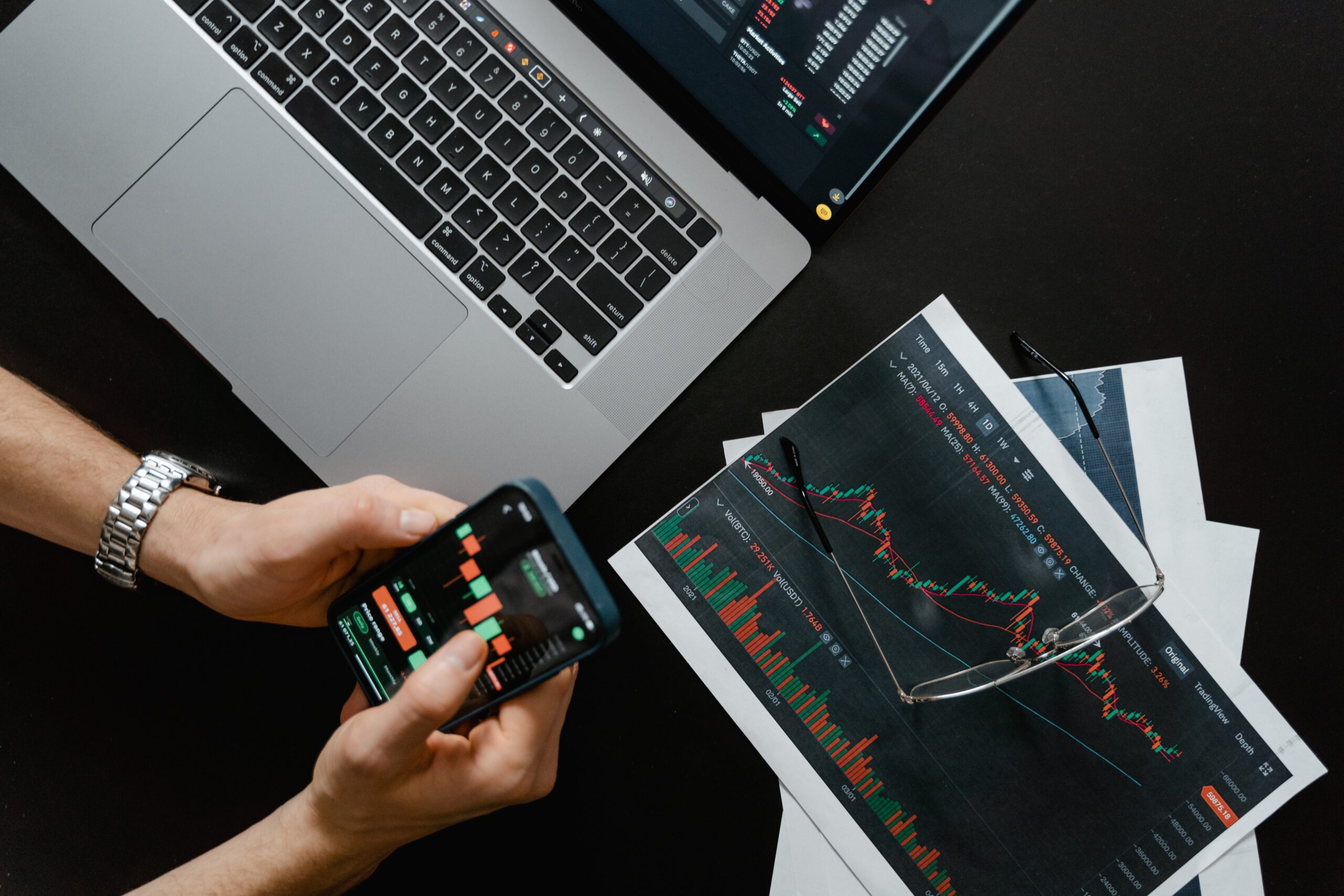In the dynamic world of stock markets, news and events play a crucial role in shaping investor sentiment and influencing stock prices. Whether it’s corporate earnings reports, economic indicators, geopolitical developments, or industry-specific news, market participants closely monitor and react to new information. In this article, we will delve into the ways in which news and events impact stock prices and shed light on the complexities of market reactions.
Earnings Reports and Financial Performance:
One of the most significant news events that can impact stock prices is the release of earnings reports by publicly traded companies. The financial performance of a company, including revenue, profit margins, and future guidance, is closely scrutinized by investors. Positive earnings surprises often lead to an increase in stock prices as investors perceive the company as financially healthy and expect future growth. Conversely, disappointing earnings can trigger a sell-off, causing stock prices to decline.
Economic Indicators and Macroeconomic News:
Economic indicators, such as GDP growth, inflation rates, employment data, and interest rate decisions, have a significant impact on stock prices. Positive economic news, such as robust economic growth or low unemployment rates, generally leads to a positive market sentiment, driving stock prices higher. On the other hand, weak economic data or unexpected changes in interest rates can trigger uncertainty and volatility, causing stock prices to decline.
Company-Specific News and Events:
News specific to a particular company, such as new product launches, mergers and acquisitions, management changes, or regulatory actions, can significantly influence stock prices. Positive news, such as successful product innovations or strategic partnerships, can drive investor confidence and result in stock price appreciation. Conversely, negative news, such as legal issues, product recalls, or financial scandals, can erode investor trust and lead to a decline in stock prices.
Geopolitical Developments and Global Events:
Geopolitical events and global developments can have a profound impact on stock prices, particularly in sectors or companies with international exposure. Political instability, trade disputes, terrorist attacks, or natural disasters can create uncertainty and volatility in the markets. Investors often react to these events by reassessing risks and adjusting their investment strategies, leading to fluctuations in stock prices.
Sector and Industry News:
News affecting specific sectors or industries can influence the stock prices of companies operating within those sectors. For example, regulatory changes impacting the energy sector, breakthroughs in healthcare research, or technological advancements in the IT industry can drive stock prices higher or lower. Investors closely monitor industry-specific news to assess the potential impact on companies and adjust their investment decisions accordingly.
Market Sentiment and Investor Psychology:
News and events can influence market sentiment and investor psychology, which, in turn, impact stock prices. Positive news and a favorable economic environment can create optimism among investors, leading to a bullish sentiment and higher stock prices. Conversely, negative news or a pessimistic economic outlook can trigger fear and uncertainty, resulting in a bearish sentiment and lower stock prices. The collective sentiment of investors plays a vital role in determining the overall direction of the market.
Analyst Recommendations and Investor Sentiment:
News and events can also influence stock prices through analyst recommendations and investor sentiment. When influential analysts provide positive or negative assessments of a company’s prospects, it can impact investor perception and subsequently affect stock prices. Similarly, investor sentiment, driven by news and events, can create buying or selling pressure, leading to price movements.
Algorithmic Trading and High-Frequency Trading:
In today’s digital age, news and events are disseminated rapidly, enabling algorithmic trading and high-frequency trading strategies. These computer-based trading systems analyze news headlines, data releases, and social media sentiment to make split-second trading decisions. The speed and efficiency of these strategies can amplify the impact of news and events on stock prices, leading to rapid price movements and increased volatility.
Conclusion:
News and events have a significant influence on stock prices, shaping investor sentiment and driving market dynamics. From earnings reports and economic indicators to company-specific news and geopolitical developments, each piece of information can impact investor perception and subsequently affect stock prices. Understanding the relationship between news and stock prices is crucial for investors to make informed decisions and navigate the ever-changing landscape of the stock market. By staying abreast of relevant news, analyzing its potential impact, and maintaining a disciplined approach, investors can better position themselves to capitalize on market opportunities while managing risks.
